How the Swiss show their ‘great love of shooting’

To say that the Swiss are a nation of sharpshooters would be an exaggeration. But sport shooting is popular, both in rural and urban regions. swissinfo.ch visited two shooting clubs in Geneva as the nation gets ready to vote on legislation that will regulate guns more strictly.
Arriving at the modern building that houses Switzerland’s largest underground shooting range, we have to look around to find the entrance. We can see signs advertising a fitness centre and a bicycle shop, before we find a modest name-plate saying ‘Swiss Gun CenterExternal link’ on one of the doors.
Swiss voters have the final say on a reform of Swiss gun laws, notably restricting the use of semi-automatic firearms, in a nationwide referendum on May 19. A broad alliance of gun clubs, hunters, gunsmiths and arms collectors, supported by the rightwing Swiss People’s Party collected enough signatures to challenge a parliamentary decision to bring Swiss law in line with European Union regulations.
We are hardly inside but we encounter the basic rule of the Swiss Gun Center, summed up in one word: security. Access and movement around the place are under surveillance. You can’t get in without identifying yourself and there isn’t a corner of the 2,000 square metre facility that is out of range of video cameras. There are armoured doors to the shooting range itself; they can only be opened with electronic pass cards, and they close again automatically.
“We’re not trying to impose a police state here, we’re just trying to prevent accidents and make sure everyone is safe. There’s no joking when it comes to guns,” says owner Michel Bonhomme, as he shows us round his centre.
Five-star facility for shooters
To shoot here, you have to be a member, and to become a member you have to submit the forms required by law, read and sign off on the regulations, and take half an hour’s coaching to check your skill level in shooting. “People who aren’t skilled enough are sent to a course appropriate for filling in the gaps in their training,” says Bonhomme, pointing out that anyone who is not properly trained is a danger to himself.

Besides the opportunity to practise shooting individually or in groups in different rooms, the centre also offers courses. Among these are introductory sessions for people who want to find out what the sport actually involves. There is also a martial arts dojo and a fitness area with coaching.
Sale, rental, and servicing of guns are all part of the centre’s work, and it contains an armoury and a shop with various accessories. There is also rental of safety deposit boxes with coded keys where guns can be stored, so that shooters don’t have to carry them around. “About 70-80% of our members use this option,” says Bonhomme.
Although it opened only on January 8 this year, the Swiss Gun Center has been ten years in the planning. It is completely sound-proofed, with anti-ricochet walls, floors and ceilings, it is built of up-to-date materials and is provided with state-of-the-art technology.
How much did it cost? “Several million” francs, says the owner with a grin, though he declines to name a precise amount. He believes the investment will pay off, as “there is a great love of shooting. There is a demand for this kind of infrastructure, and mostly, there’s none available.”
The future is urban and female
When he talks about the demand for shooting ranges, Bonhomme is talking in terms of the urban areas where most of the Swiss population now live.
“These days people want to practise their shooting without having to travel long distances. People come here for a session on their lunch-breaks or after work, just like people who go to a fitness centre or practise any other kind of sport,” he says.
Situated in the international quarter of Geneva, five minutes by tram from the central railway station, the Swiss Gun Center draws a varied customer base, of all ages, ranging from security professionals to ordinary citizens who practise as a hobby, and there are also competitive sports shooters training here.
“We are still getting started, but we have more and more members. Every month we get about a hundred more,” says Bonhomme.
One potential area of growth is represented by women, among whom the word seems to be getting around: “They now make up 40% of our members.”
Shooting with firearms is a growing interest among women, we were also told by André Maury, the president of Exercices de l’Arquebuse et de la NavigationExternal link in Geneva, which is one of Switzerland’s oldest shooting clubs; it has been in existence since the Middle Ages.
The increase in women’s membership is a general trend. “There are not only more women, but they shoot better,” Maury says.
Over 500 years of history
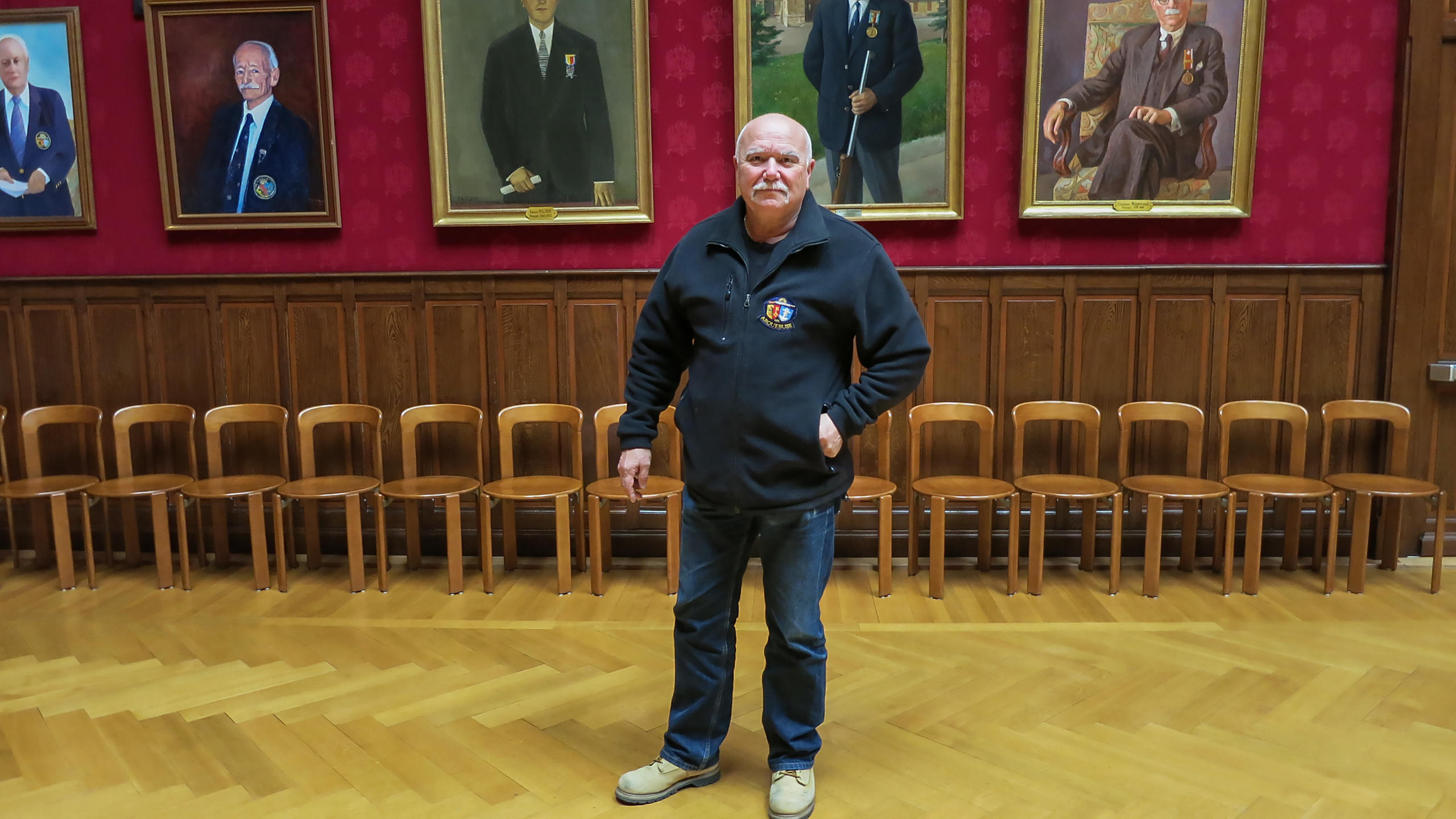
We meet Maury at the headquarters of the club he heads, the Hôtel de l’Arquebuse. The premises opened in 1900 in the city centre; nearby there was an old shooting range until 1895, when a new one, the St Georges, was built in Petit-Lancy on the edge of Geneva.
Although the Swiss traditions of shooting and the freedom of citizens to bear arms are the leitmotiv of both clubs we visited, each of them has its own distinct character.
The association of Geneva ‘Arquebusiers’ (their name recalls the arquebus, an early type of long gun) is attested in official documents since 1474. With a sense of history and a great deal of patriotic feeling, this association is animated by a spirit of brotherhood.
People go to the St Georges shooting range not only to shoot, but to get together socially, emphasises Maury.
The Hôtel de l’Arquebuse is not just the house where the board meets and the general meetings are held, but it’s also a social meeting place that includes family-oriented recreation. The Arquebuse Brass Band is another example of this convivial spirit.
Motivation counts, not money
It costs a one-time fee of CHF300 ($300) to join. This symbolic amount should not give a wrong impression, however.
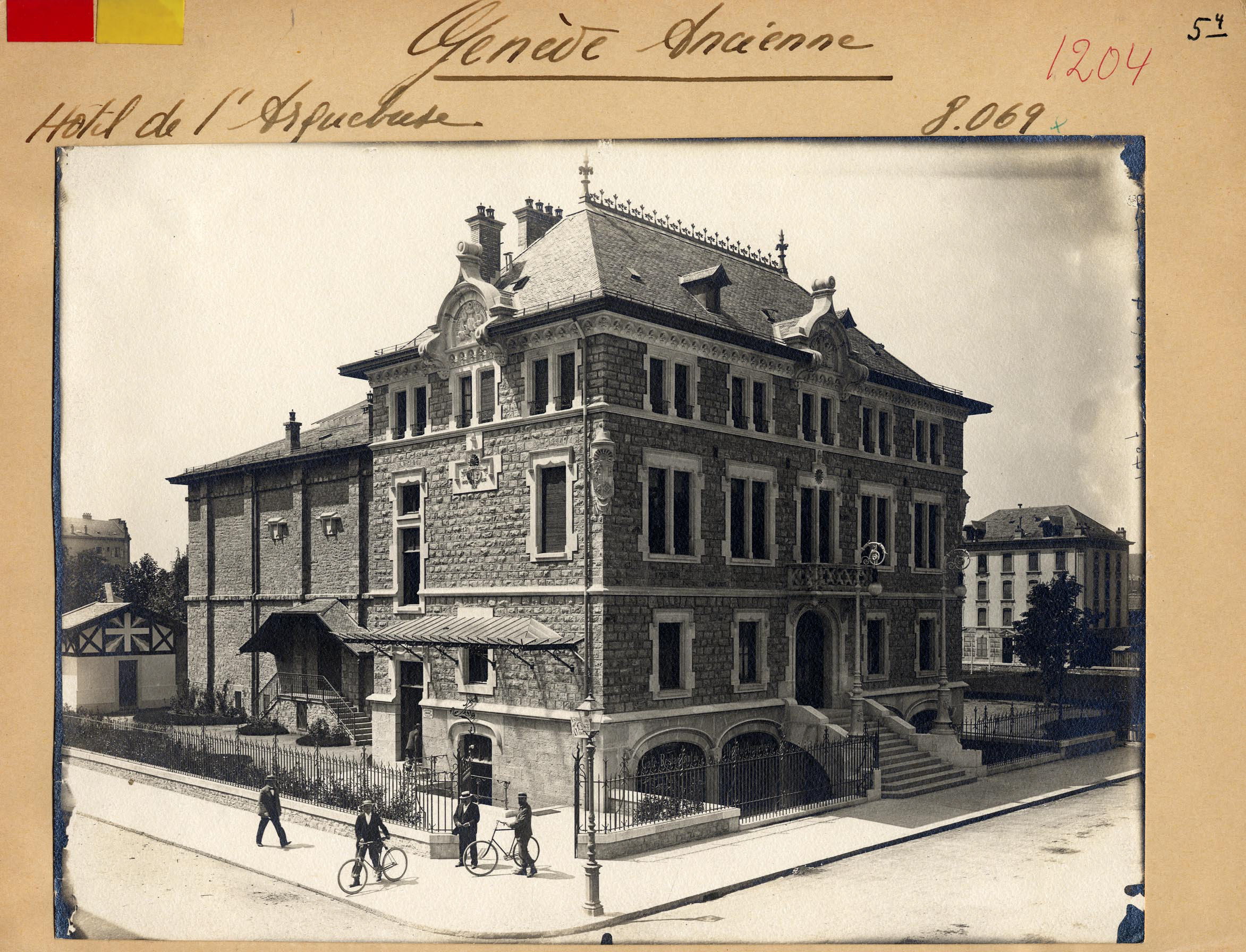
The acceptanceExternal link process involves selection criteria, including a motivation letter and the need to take part in safety courses involving long and short guns, to show one can operate without supervision. Another condition is: the newcomer has to have two sponsors who are members of the club and themselves fulfil particular criteria.
In spite of that, this is “one of the largest shooting clubs in Switzerland”, says its president. It has 2,500 members, of whom 750 have shooting licences and take part in competitions.
Unlike many smaller clubs which have been losing people in recent years, the Geneva club has seen an increase. “We get 50 to 60 new members a year,” says Maury.
The club has currently about 60 youth members (between 15 and 21) and there are about 550 active young members in Geneva overall. They do not need to have sponsors, but selection is still strict. “Every year we turn down 250 youth candidates in canton Geneva,” he says.
And “if youngsters do not follow the discipline, they can be expelled.”
The Federation of Sport Shooting is among the top five associations according to Swiss Olympic. Based on data from 2016, the federation has more than 131,300 members in nearly 3,000 clubs across the country.
To deal with the expanding membership, the Arquebuse club is enlarging its St Georges range. “Otherwise, the capacity of our range is likely to reach its limit.”
Like Bonhomme, Maury believes that the passion for sport shooting in Switzerland is livelier than ever.
And just like at the Swiss Gun Center, at the Arquebuse club they are actively campaigning against the new proposed legislation on guns, which Swiss voters are to decide on this coming May 19. This referendum is taking place because the shooting community organised itself and collected the signatures required to hold such a nationwide vote.
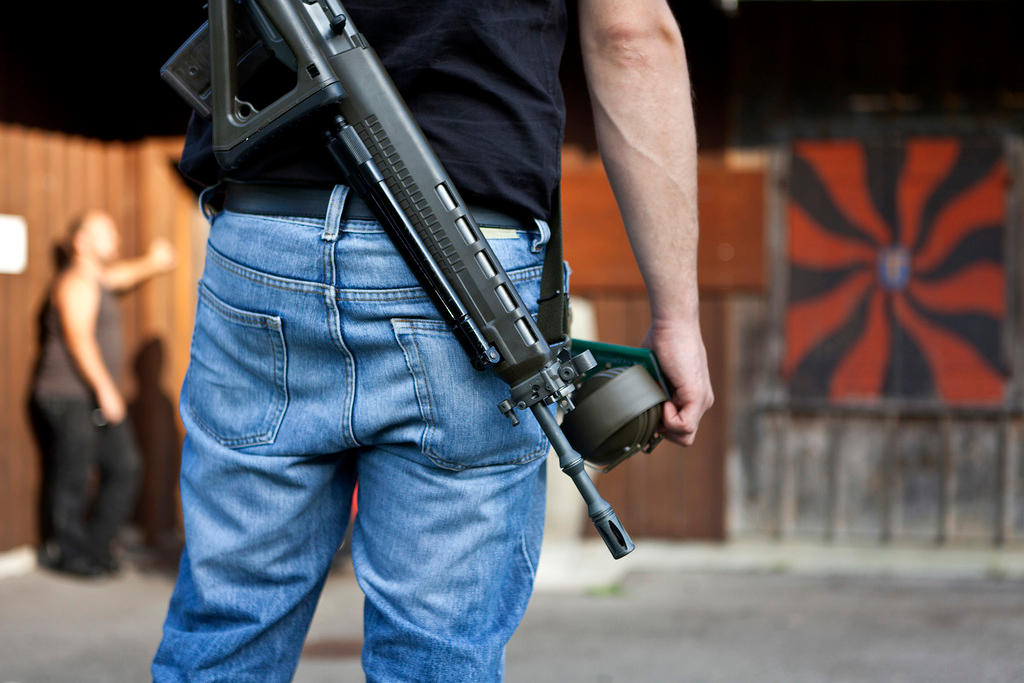
More
Swiss gun tradition in the crossfire
Translated from Italian by Terence MacNamee

In compliance with the JTI standards
More: SWI swissinfo.ch certified by the Journalism Trust Initiative
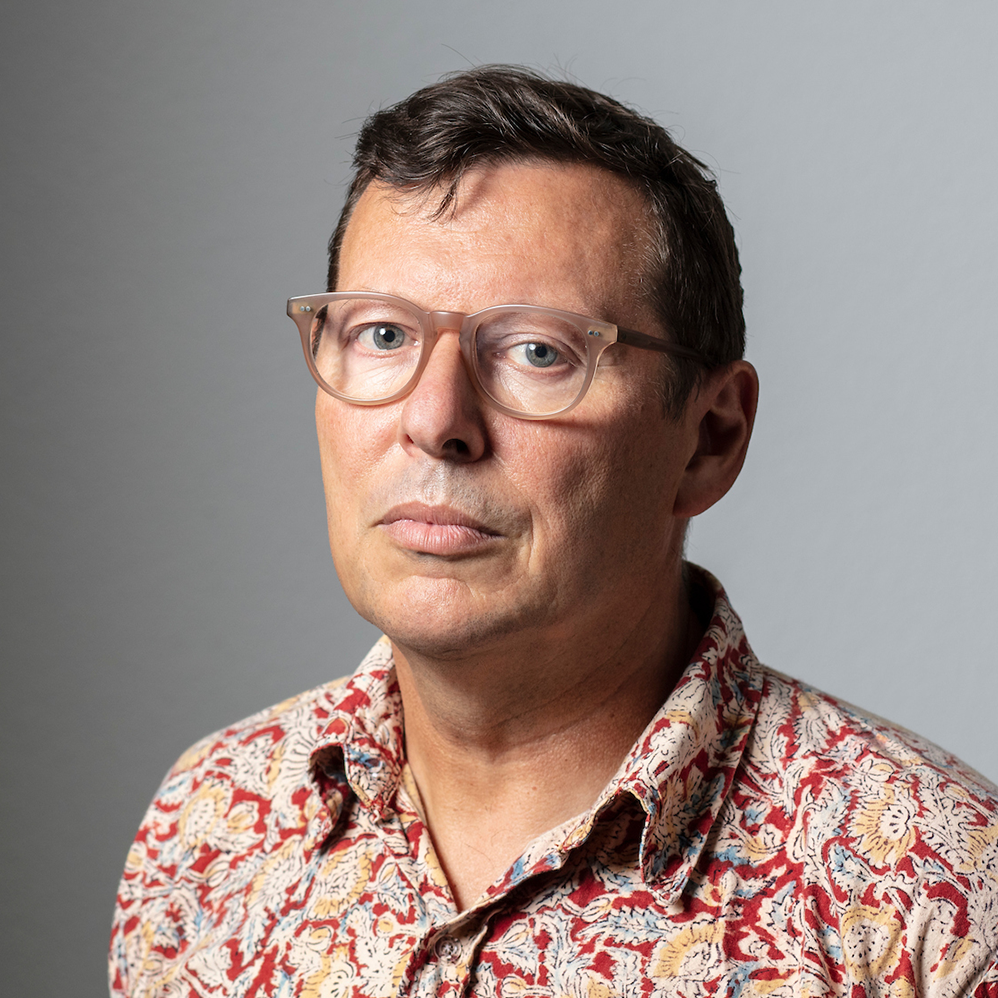










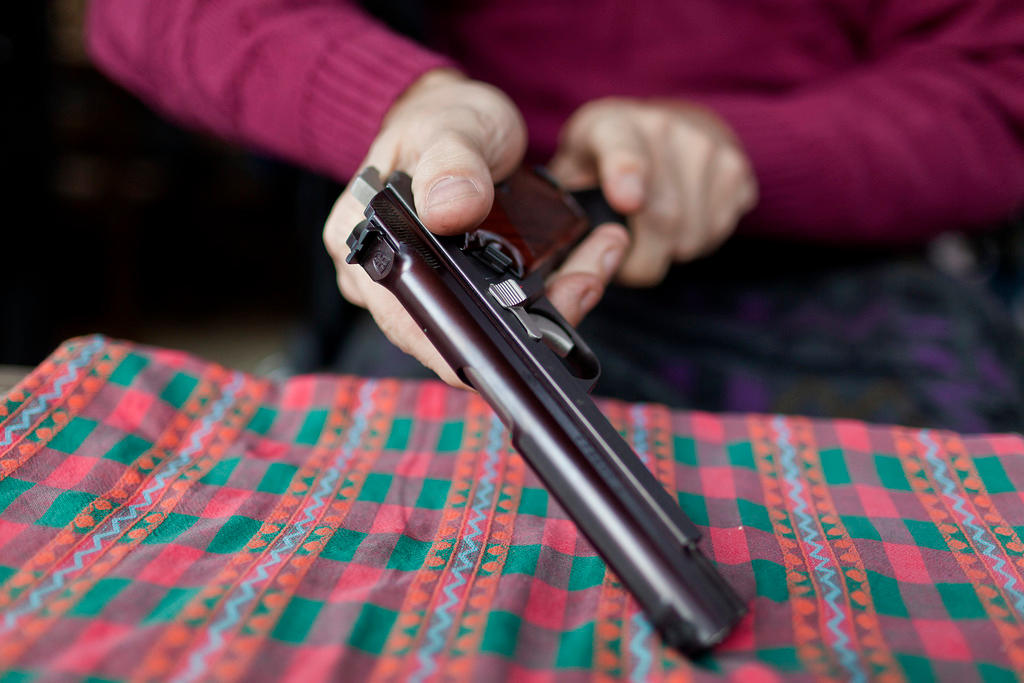
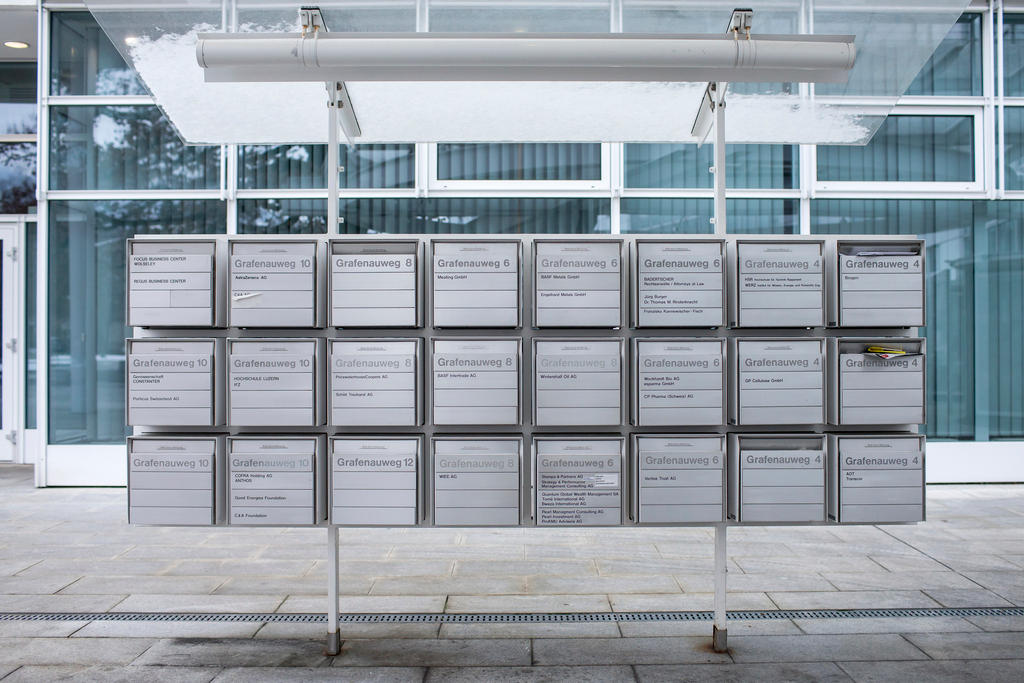
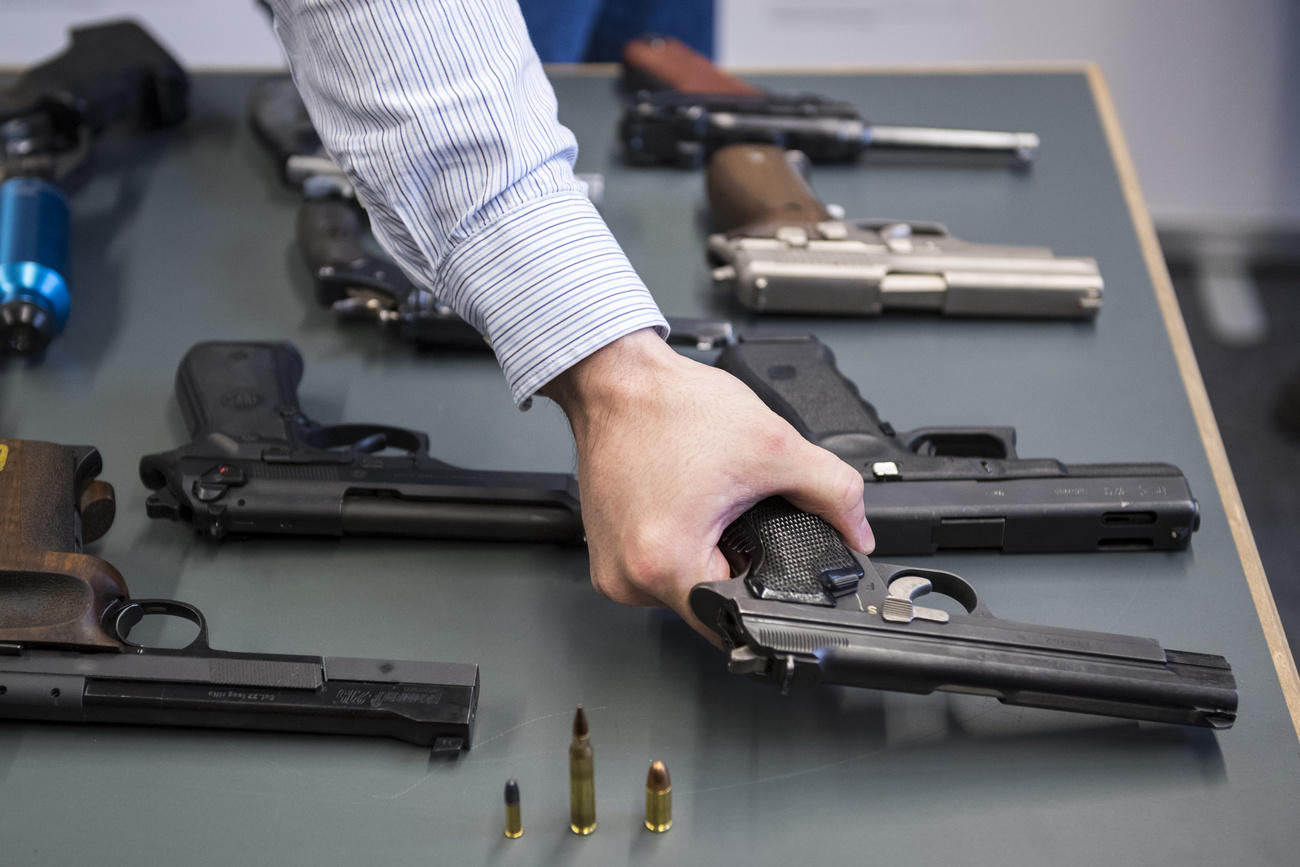
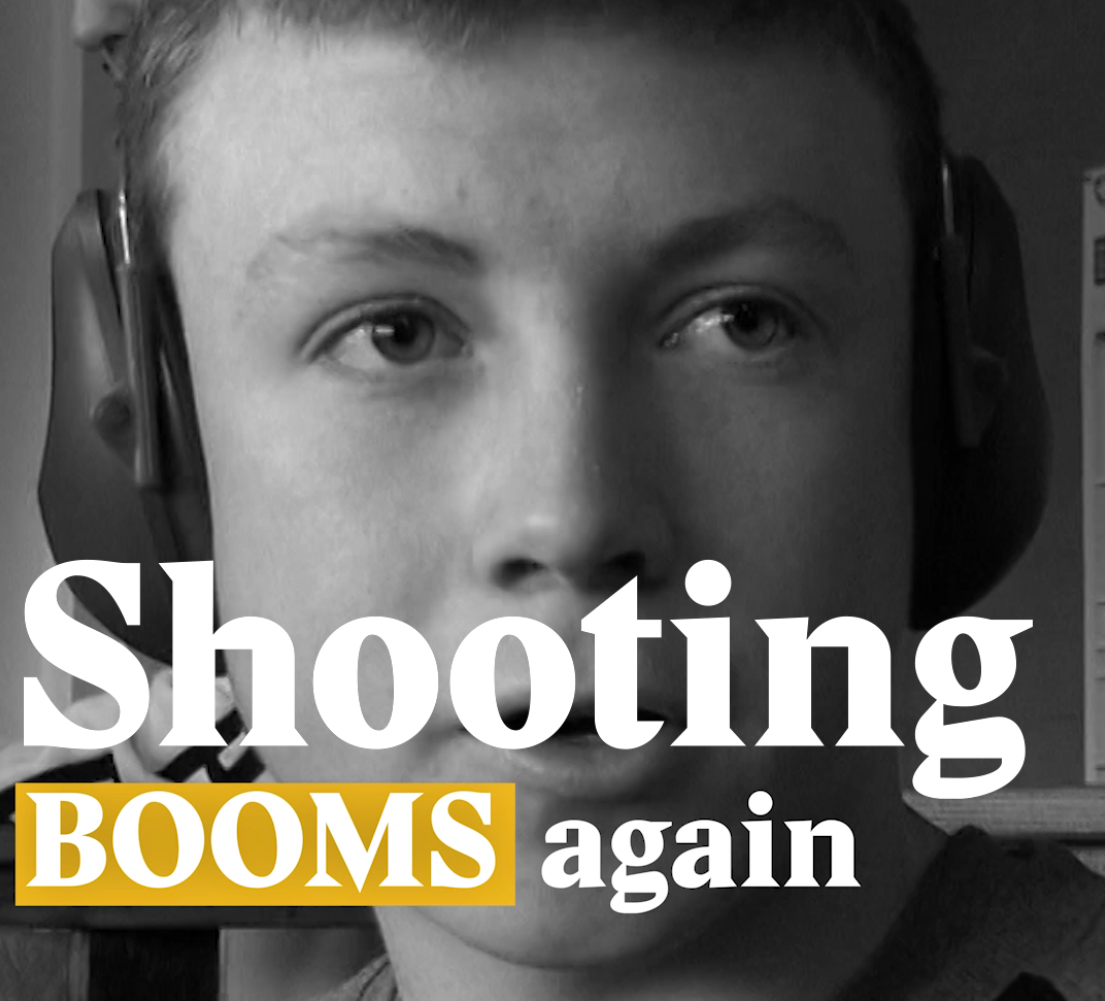

You can find an overview of ongoing debates with our journalists here . Please join us!
If you want to start a conversation about a topic raised in this article or want to report factual errors, email us at english@swissinfo.ch.